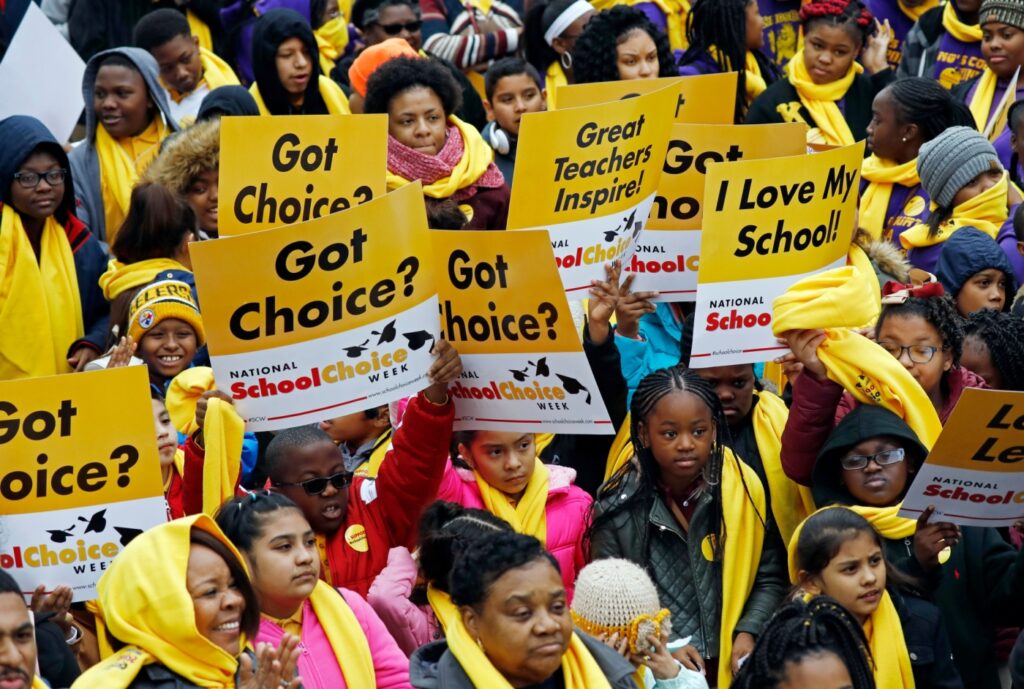
Across the country, states are embracing the concept of education savings accounts as a means of empowering parents to decide where to send their children to school. In the California Legislature, though, the idea is a nonstarter.
Last week, the California Senate’s education committee rejected Senate Bill 292 by a vote of two in favor and five opposed.
The bill, introduced by Sen. Shannon Grove, R-Bakersfield, proposed offering parents who wish to opt their children out of the government school system the equivalent of what the state spends per student. Parents would then be able to use that money to educate their children as they see fit. Such funds could be used to pay for a private school education or other related education purposes.
According to reporting by Elissa Miolene from the Bay Area News Group, under the plan parents would be able to receive around $17,000 per K-12 student, based on per pupil state funding in the current school year.
“California’s government-run schools are failing too many students,” said Sen. Grove. “Any company that failed 84% of its customers would be run out of business, but in California the legislature rewards failing schools with even more funding. The government focuses more on funding institutions than students, and most parents have no other options.”
Indeed, as this editorial board has long written, California’s K-12 educational system consistently underperforms the rest of the country on standardized national tests.
Most students in recent years have failed to meet the state’s own standards in mathematics, English or science.
Troubling racial and economic disparities have long persisted in educational outcomes in California, despite continuously rising education spending.
In recent years, the state has curtailed alternatives to traditional government schools, namely charter schools, and has seen greater and greater spending on teacher pensions and other post-employment benefits.
Despite this, as this editorial board has noted before, the concept of providing funds directly to parents has widespread support across California. In 2017, the nonpartisan Public Policy Institute of California found that 60% of Californians supported the idea of “providing [vouchers] to parents for use at any public, private, or parochial school.” Support was even higher among Black Californians (73%), Latinos (69%) and public school parents (66%) of all backgrounds.
You would not know that though based on the behavior of state politicians, many of whom are ideologically aligned with and/or financially tied to the state’s teachers unions.
As long as Californians continue to elect politicians who put the interests of public employee unions first, nothing will change.
